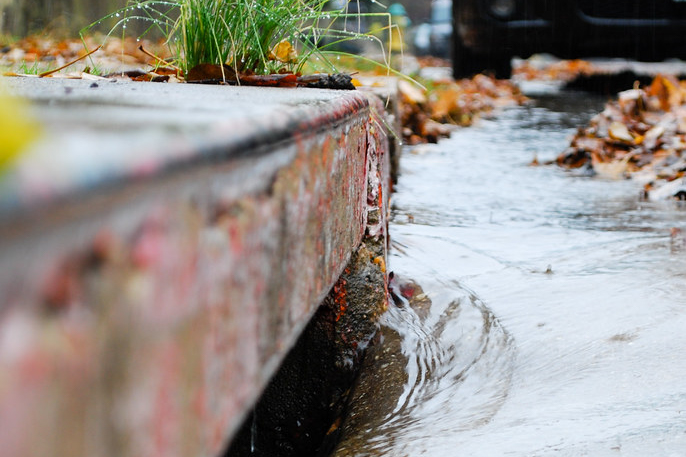Background information
The Spill Prevention, Control, and Countermeasure (SPCC) rule includes requirements for oil spill prevention, preparedness, and response to prevent oil discharges to navigable waters and adjoining shorelines. The rule requires specific facilities to prepare, amend, and implement SPCC Plans. The SPCC rule is part of the Oil Pollution Prevention regulation, which also includes the Facility Response Plan rule and is enforced by the Environmental Protection Agency (EPA).
SPCC rules can also apply to farms. Facilities or farms that store more than 1,320 gallons in aboveground containers of oil or oil products, such as diesel fuel, gasoline, or hydraulic oil, are required to comply with the SPCC rules. The inspection requirements of the SPCC rule are designed to detect oil leaks, spills, or other potential integrity or structural issues before they can result in a discharge of oil to navigable waters of the U.S. or adjoining shorelines. Regularly scheduled inspections, evaluations, and testing of bulk oil storage containers by qualified personnel are critical to discharge prevention.


